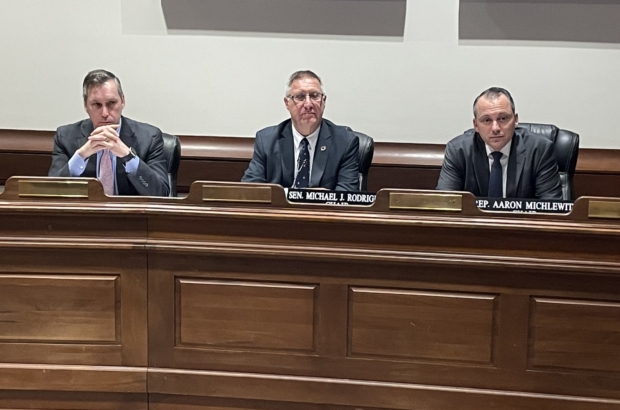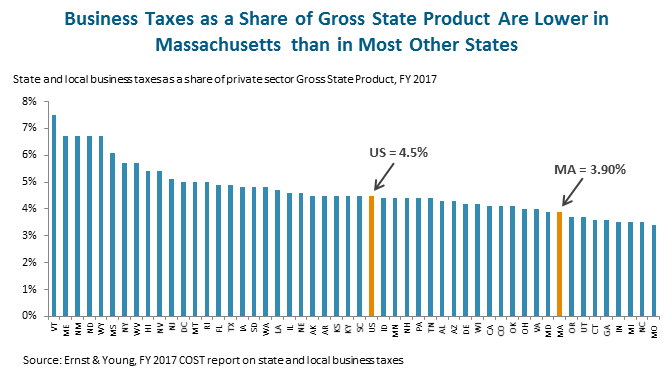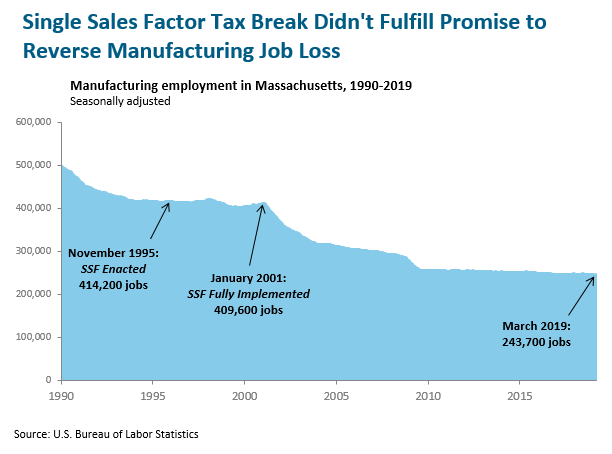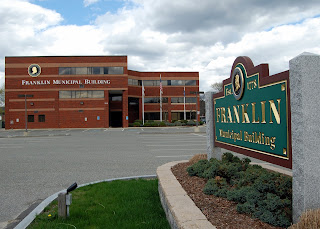From the Milford Daily News, an article of interest for Franklin:
"Cigarette sales in Massachusetts were down by 24% in August, according to convenience store owners, and the state has seen a nearly $32 million drop in tobacco excise taxes in the three months since its first-in-the-nation ban on menthol cigarettes took effect.
The decline in cigarette tax stamp sales would put Massachusetts on pace to exceed the $93 million in foregone revenue projected by the Department of Revenue last year from the menthol and mint cigarette ban.
The New England Convenience Store and Energy Marketers Association said the ban has pushed sales to neighboring states, including New Hampshire and Rhode Island where overall cigarette sales were up 65% and 17% in August, respectively. New Hampshire saw a 91% spike in menthol cigarette sales alone in August, and Rhode Island’s coffers benefited from 40% bump in menthol sales.
The ban on menthol cigarettes in Massachusetts took effect on June 1, and while public officials were willing to give up some revenue for the public health benefits of banning all types of flavored tobacco, convenience stores say residents are simply bringing the products back from other states."













